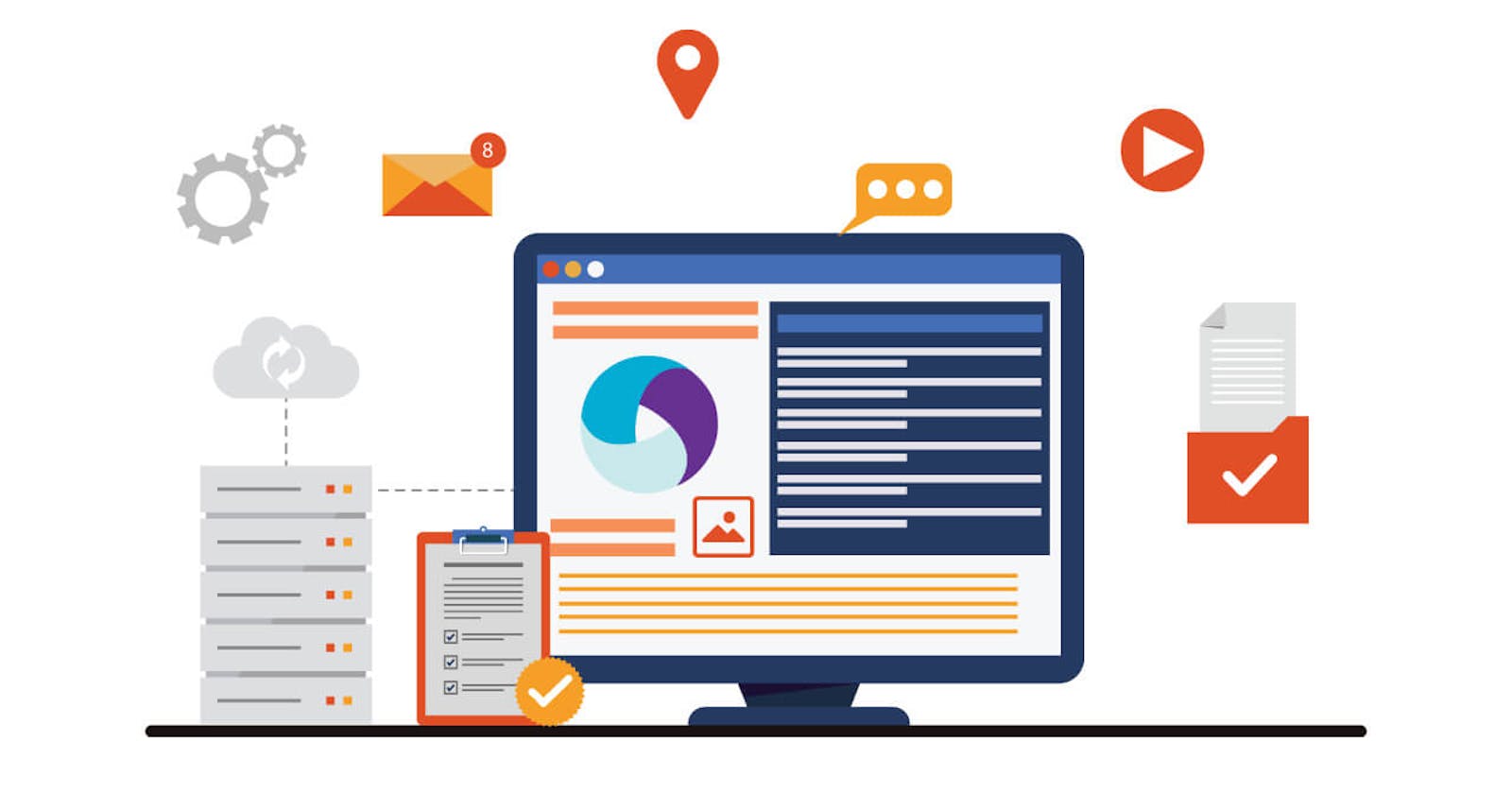Test automation is one of the most effective ways to produce robust, high-quality, and reliable applications. It also enhances test effectiveness, test efficiency, and ensures a more efficient way to market for the applications whilst ensuring optimal UX. At present, there are various test automation frameworks and tools available on the market to execute test operations conveniently and effectively. Appium is a popular tool that app developers rely on. Though this tool is more widely known for mobile app automation, Appium for desktop applications proves equally efficient. Let’s discuss a few aspects of the tool that will highlight its efficacy in testing desktop applications.
What exactly is Appium for desktop?
Appium for desktop is an open-source GUI (Graphical User Interface) application for Linux, Mac, and Windows that gets you the power of an automation server systematically with a more workable UI.
It is a combination of two crucial components of the Appium toolset:
Appium Server: The server is used to ensure test automation of the applications.
Appium Inspector: The feature is used to inspect and get all the specifications about the apps’ UI element.
Appium helps create easier test scripts, sets up a quick test server, and sets the Appium environment with desktop installation of Appium.
HeadSpin Remote Connect via Appium Desktop for Remote Testing
You can test our applications on thousands of real devices connected to carrier networks in locations across the globe. HeadSpin with Appium gives you the provision for different facets for remote testing. They include:
- Select from a variety of mobile and tablet devices
- Access and debug your app on real devices from your desktop remotely without local team support or SDK
- You don’t have to rely on simulations when remote testing as you can conduct your tests on real networks using real devices on HeadSpin’s Global Device Network
- You can run multiple manual and automated tests at your convenience
- Perform tests in parallel on concurrent desktops and devices without any delay
- You don’t need any virtual machines to conduct reliable test sessions on real devices
Benefits of using Appium for desktop
Multiple benefits associated with Appium for desktop make it one of the top choices for app developers. Here are the seven most important benefits of Appium for desktop:
- Allows users to work with all the features of Appium for desktop applications.
- Offers the inspector feature for better application analysis.
- Offers the ability to switch between native application view and web view.
- Ensures greater context handling and element access.
- Offers enhancements in the test script build-up.
- Allows the use of desired capabilities and presets the configurations for convenient usage.
- Comes with a code generator and action recorder.
Features of Appium for desktop
Here are the three main features of Appium for desktop that you should consider:
- Appium desktop client/server:
It offers a GUI that lets you see logs, set options, and stop/start the server. There is no need to resort to the node package manager for installing Appium because it comes together with Appium for desktop. There are three tabs under the Appium server, namely – Preset, Advanced, and Simple.
- Appium Inspector:
It is a standard procedure to identify the UI elements of a mobile application uniquely. It works with both real devices or simulators. For inspecting the element, you have to set the desired capabilities that can inform the Appium server about the type of application and platform you aim to automate.
- The action recorder:
The action recorder of Appium helps you record user actions and produce test codes. To utilize the record feature, start by connecting the device to Appium for desktop. Simply create a new Test Class and paste the code into the Eclipse and start reviewing the errors.
The endnote
The aim of a test automation framework is to ensure easy automation, reduce operating costs, and ensure high-quality solutions with a considerable reduction in manual effort. Within the right testing infrastructure, test automation frameworks can deliver greater flexibility and efficiency in test scripting and operational monitoring. Appium for desktop’s wide range of features provide more flexibility and robustness to your test automation activities.

